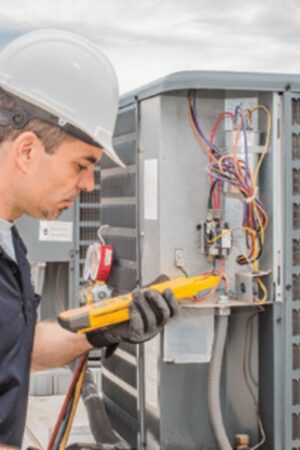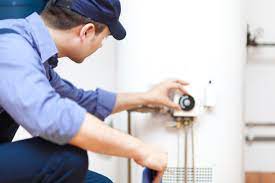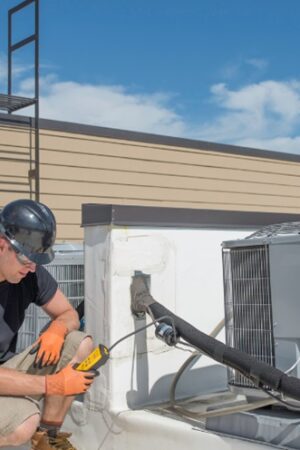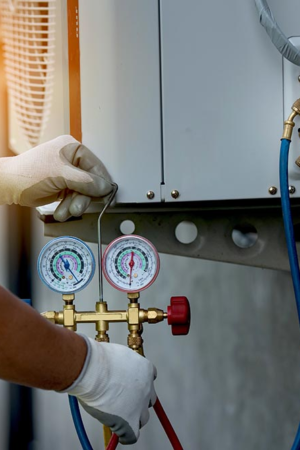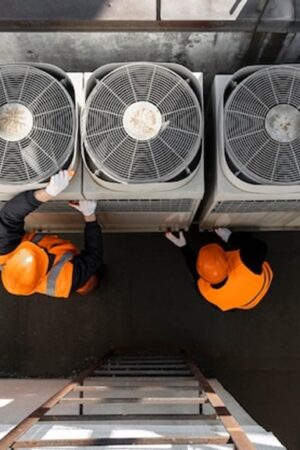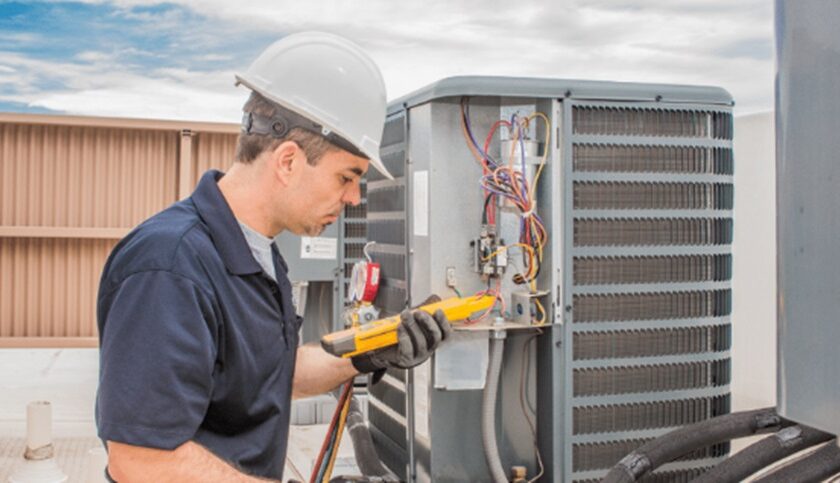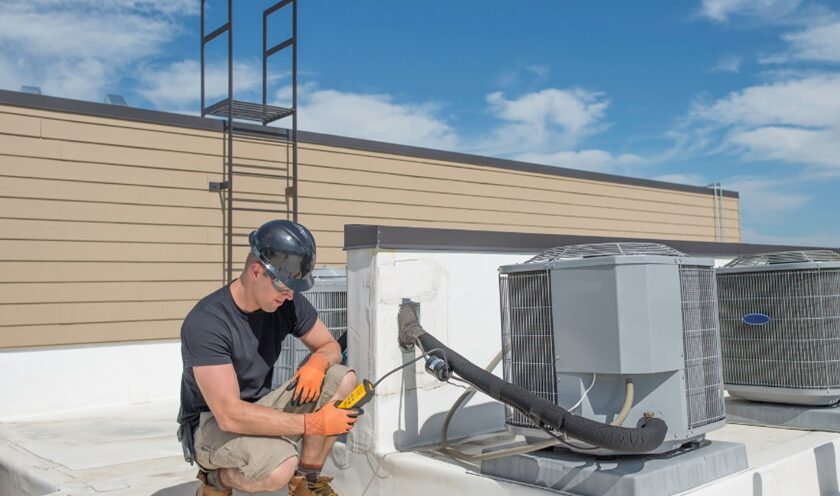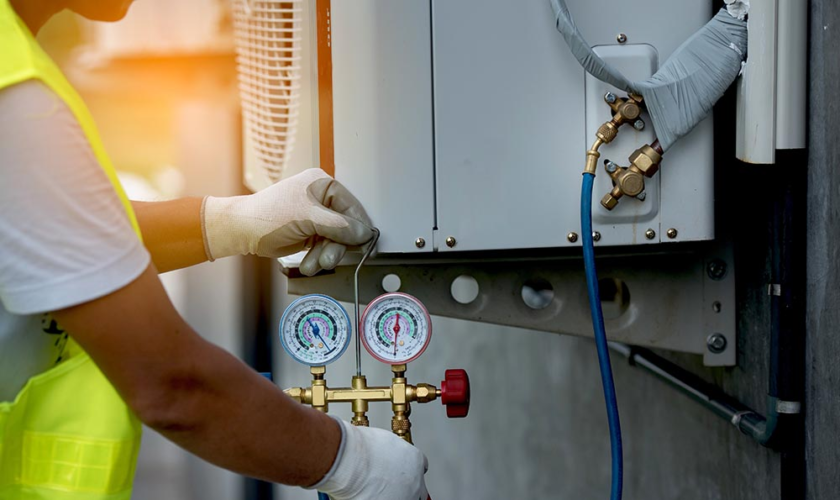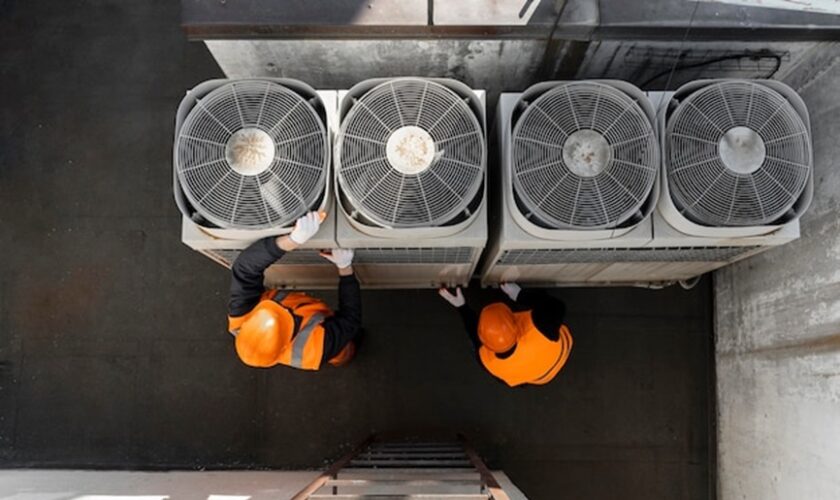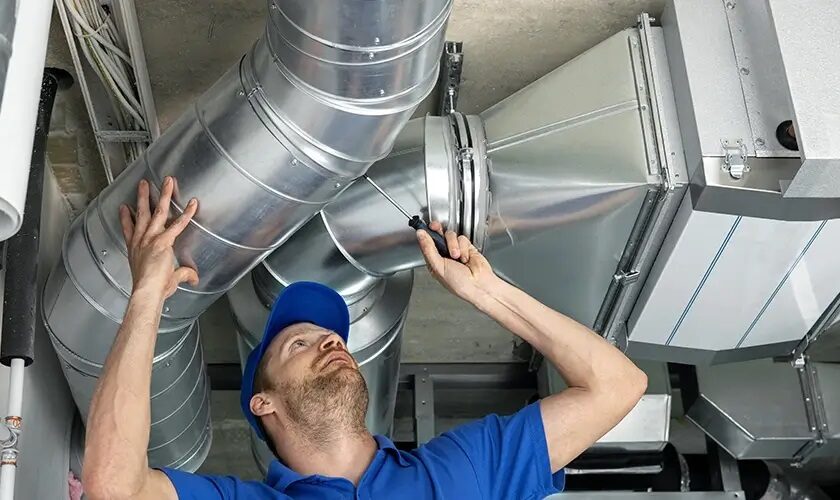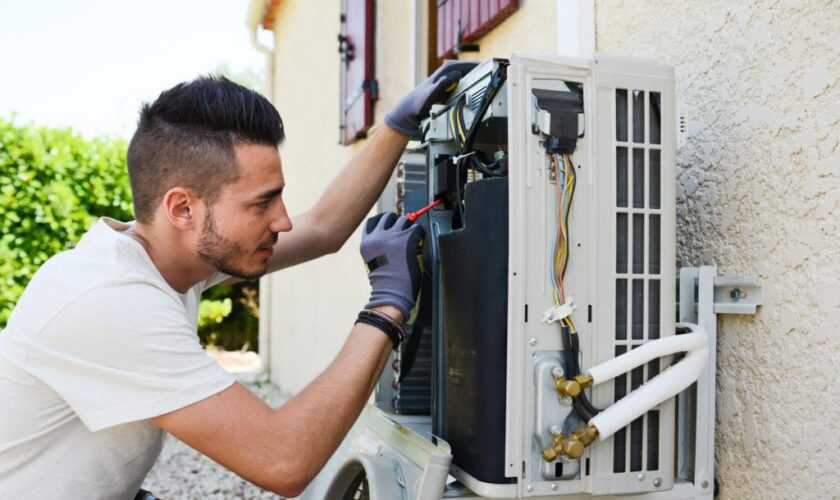Hiring the right professional for your heating, ventilation, and air conditioning (HVAC) needs can make a significant difference in the comfort and energy efficiency of your home. Whether you’re installing a new system or upgrading an old one, it’s important to ensure you’re working with the best. For those seeking an HVAC contractor in Atlanta, asking the right questions beforehand can help you feel confident in your decision. Here’s a guide to the key questions you should ask before any project begins.
Are You Licensed and Insured?
One of the first things to confirm is whether the HVAC contractor holds the proper licensing and insurance. Licensed professionals follow state regulations and industry standards, ensuring you receive high-quality service. Proper insurance protects both you and the contractor in case of accidents or damage during the project. Don’t shy away from asking for proof of these credentials—it’s your right as a homeowner.
A licensed contractor also ensures compliance with building codes and safety standards, which is crucial in protecting your investment. If you’re unsure about the benefits of working with HVAC professionals, learning about the advantages of hiring a licensed and certified contractor can reinforce the importance of this step.
What Is the Scope of Work and Timeline?
Before starting any HVAC project, gain clarity about the full scope of work and expected timeline. A well-organized contractor should provide a detailed explanation of the tasks involved, from equipment assessment to installation or repairs. Having this breakdown helps avoid surprises and ensures both parties are on the same page about the project’s expectations.
Additionally, ask when the work will start and how long it will take. Knowing this will allow you to plan your schedule accordingly, especially if there’s a need to temporarily adjust your heating or cooling usage.
What HVAC System Do You Recommend for My Home?
No two homes are exactly alike, so your contractor should customize their recommendations based on your unique needs. They should assess your home’s size, insulation, layout, and climate before suggesting an HVAC system. A skilled contractor often highlights energy-efficient options, which can help reduce your long-term energy bills.
Recommendations should also take future maintenance needs into account. It’s worth asking how frequently the system will require servicing and if they offer any maintenance packages to make routine care simpler.
Can You Provide an Estimate?
Transparency in pricing is essential before you begin any HVAC project. Ensure your contractor provides a comprehensive estimate that includes costs for equipment, labor, and any additional fees. This prevents miscommunication and unexpected charges down the line. A breakdown also gives you insight into where your money is going.
It’s wise to compare quotes from multiple contractors. However, remember that the cheapest option isn’t always the best. Quality, reliability, and professional expertise should weigh heavily in your decision.
Do You Offer a Warranty?
Having a warranty for equipment and labor can save you from future headaches if something goes wrong after the project is finished. Ask your contractor what the warranty covers, how long it lasts, and what process is in place for claiming it. A reputable professional will openly discuss these terms and ensure you understand them before signing any agreements.
Are There Financing Options Available?
HVAC projects can sometimes come with a hefty price tag, especially for larger installations or upgrades. Many contractors offer financing options to ease the immediate financial burden. Ask whether they provide flexible payment plans and what the terms look like. This will give you a clear idea of how to budget for your project.
Discussing financing early also sets realistic expectations and allows you to prioritize essential work without compromising on quality.
Why Is Hiring a Certified Contractor Important?
When hiring an HVAC contractor, selecting someone certified and experienced ensures the job is done right the first time. Certified professionals bring technical knowledge and credibility to the table, which can lead to more reliable results. They are also often more adept at handling unexpected challenges during the project.
How Will You Ensure Minimal Disruption to My Home?
Lastly, inquire about how your chosen HVAC contractor plans to work with minimal disruption to your home. Replacing or upgrading an HVAC system can temporarily cause disturbances, so a professional contractor should have a plan to keep interruptions to a minimum. This might include scheduling around your availability or protecting your home during installation.
Conclusion
When embarking on any HVAC project, a little preparation and asking the right questions can go a long way. A trusted contractor will happily address your concerns and provide the transparency and expertise needed to ensure a successful outcome. With the right HVAC contractor in Atlanta or your local area, you can enjoy peace of mind knowing your home’s system is in capable hands. Take the time to vet your contractor, and you’ll be rewarded with professional service and lasting results.
